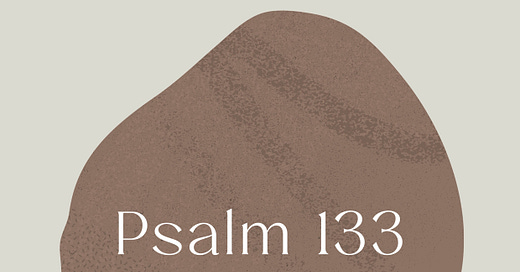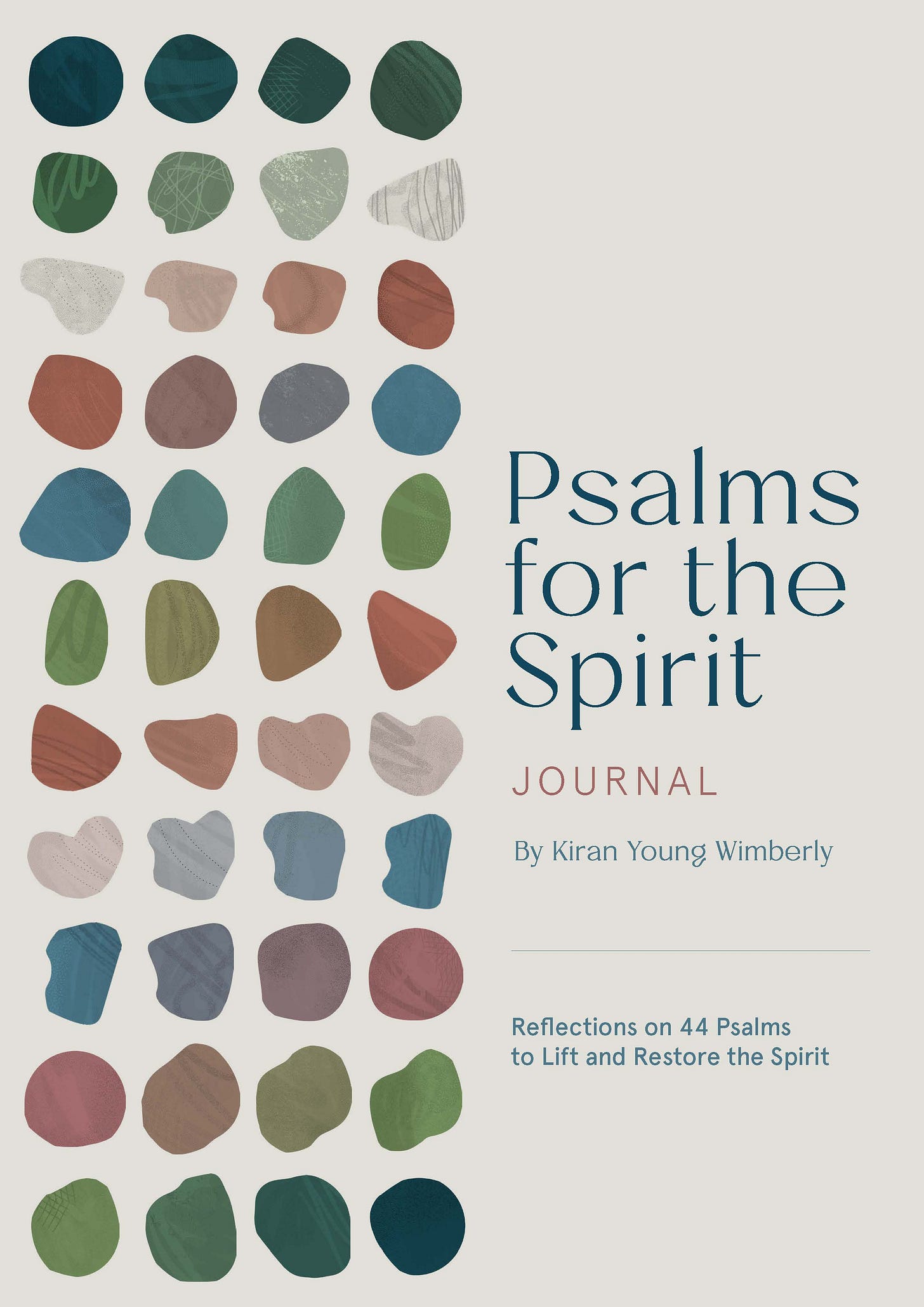Comparing harmony between kindred with the holy oil used for anointing in the temple of Jerusalem, the Psalm claims that such experiences of community bring fullness of life. Set to the Irish tune ‘A Fig for a Kiss,’ this paraphrase chooses the word “harmony,” which is a synonym for unity in the Hebrew and expresses the possibility of harmonious relationship amid diversity, rather than the homogeneity of uniformity.
You can find lyrics, scores/books, mp3s, CDs for How Good It Is on the Celtic Psalms webpage (www.celticpsalms.com)
Listen to Kiran and Celtic Psalms on TEDx
The journal is available in paperback format on Amazon!
Here’s the link to the paperback journal (available globally), and if you would be so kind as to leave a review on the Amazon platform in your region, that will help other readers find it! Thank you in advance!
For the time being, paid subscribers to Bless My Feet (Kiran’s spirituality newsletter) or Psalms for the Spirit still receive the free journal ebook (180 pages) with further questions for reflection and some invitations to prayer and practice. You will receive a weekly email with a downloadable mp3 of the song and journal pages, and occasional invitations to Zoom check-ins with others sharing this Psalms journey.















Share this post